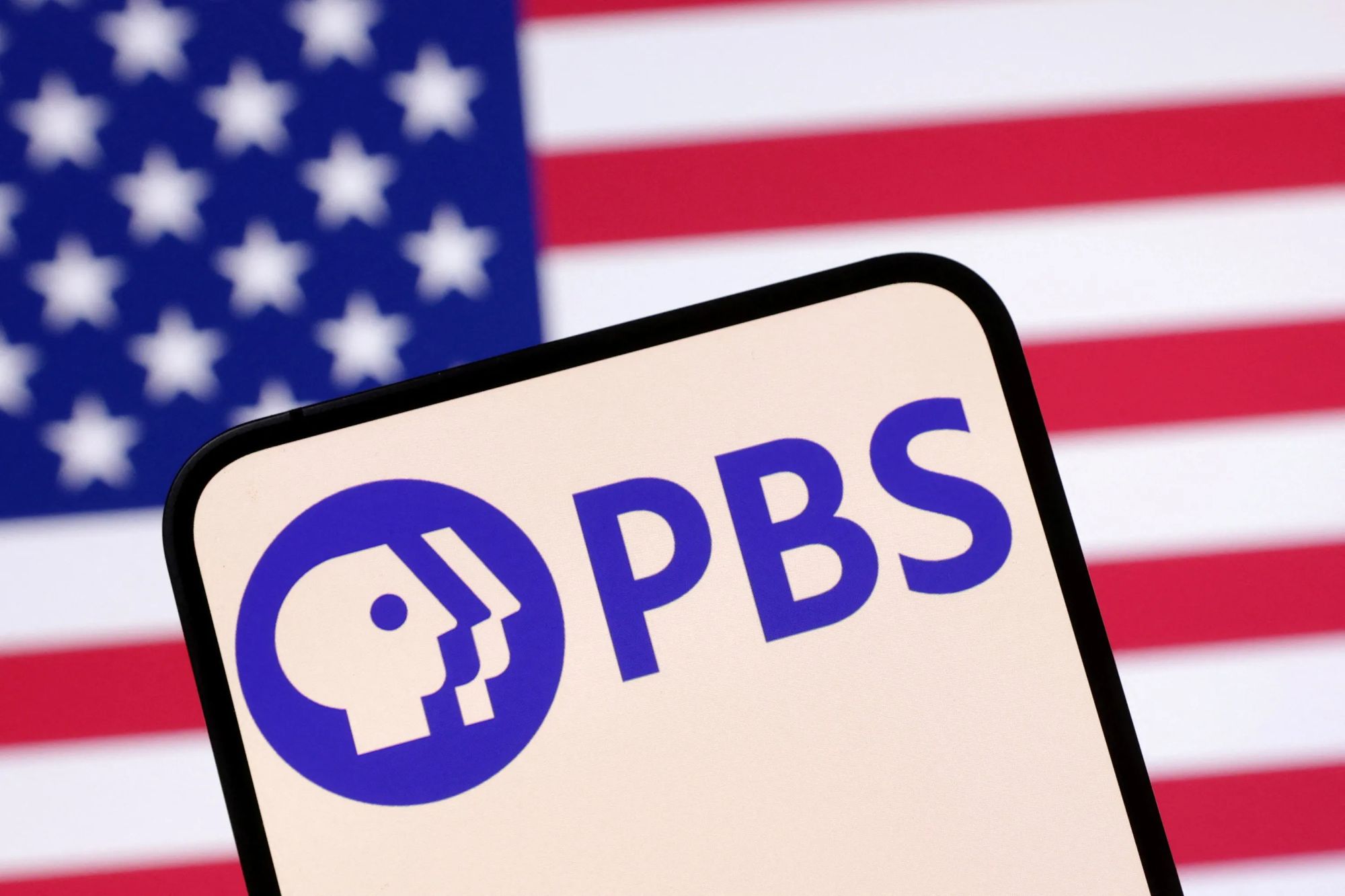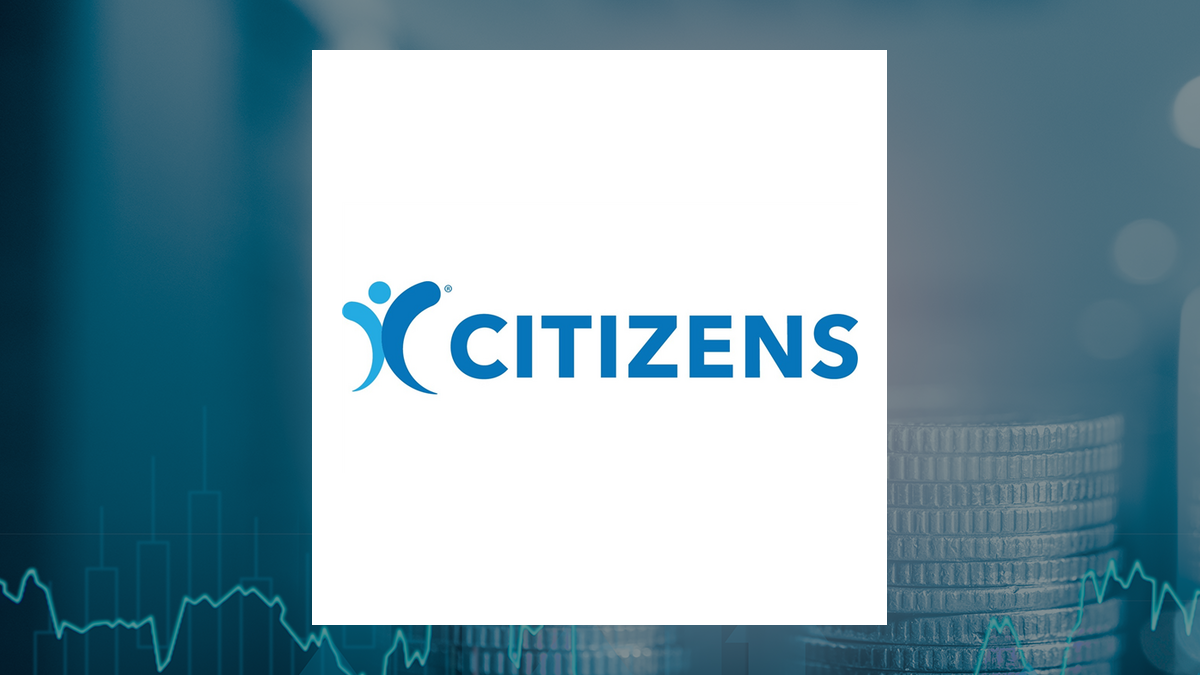Congress Moves to Defund Public Broadcasting Amid Controversy

URGENT UPDATE: Congress has just voted to defund public broadcasting, a significant shift that will end taxpayer funding for NPR and PBS. This decision, announced earlier today, raises immediate questions about the future of federally funded media in the United States.
The move reflects a growing sentiment among lawmakers who argue that taxpayer dollars should not support what they consider biased programming. Critics have long voiced concerns that public broadcasting channels, funded by government money, cannot remain impartial in their reporting. This defunding is a pivotal moment in the ongoing debate over media integrity and government involvement.
WHY THIS MATTERS NOW: With public broadcasting’s financial model under threat, supporters and critics alike are bracing for changes that could redefine how news and educational content are delivered. The implications extend beyond broadcasting; they touch on the accessibility of information and the role of government in media.
Prominent documentary filmmaker Ken Burns voiced concerns over the decision, warning that farmers could be deprived of crucial weather updates, potentially impacting their livelihoods. “Without public broadcasting, farmers won’t hear the weather forecast,” he stated, highlighting fears of information gaps. However, many argue that modern technology, including GPS and AI, has rendered traditional broadcasting less critical for farmers today.
Supporters of public broadcasting, including loyal viewers, have often defended its value, claiming that defunding would diminish access to quality programming. Yet, the landscape of media consumption has drastically changed. The partnership of shows like Sesame Street with platforms such as HBO and Netflix demonstrates a shift towards market-driven content that audiences actively seek out.
Critics of public broadcasting have pointed out what they perceive as a left-leaning bias in programming. Former NPR CEO Katherine Maher has faced backlash for her comments regarding political figures, including a controversial description of Donald Trump. Such remarks have led to accusations that public media is not only failing to fulfill its role as an unbiased watchdog but is also engaging in political discourse.
The decision to cut funding has sparked widespread debate. Some argue that audiences who value public broadcasting should support it through donations, rather than relying on taxpayer funds. Public broadcasters have relied on viewer support for years, running fundraising campaigns that encourage donations in exchange for branded merchandise like tote bags.
With this defunding, the landscape of public broadcasting could change dramatically. The future of NPR and PBS now rests in the hands of their supporters and the private sector. It remains to be seen how this will affect viewership, programming quality, and the overall media environment in the coming months.
As this situation develops, stakeholders from all sides are expected to weigh in. Media analysts, political commentators, and viewers alike are closely monitoring the fallout from this significant legislative change. What happens next will be crucial in shaping the future of media in America.






